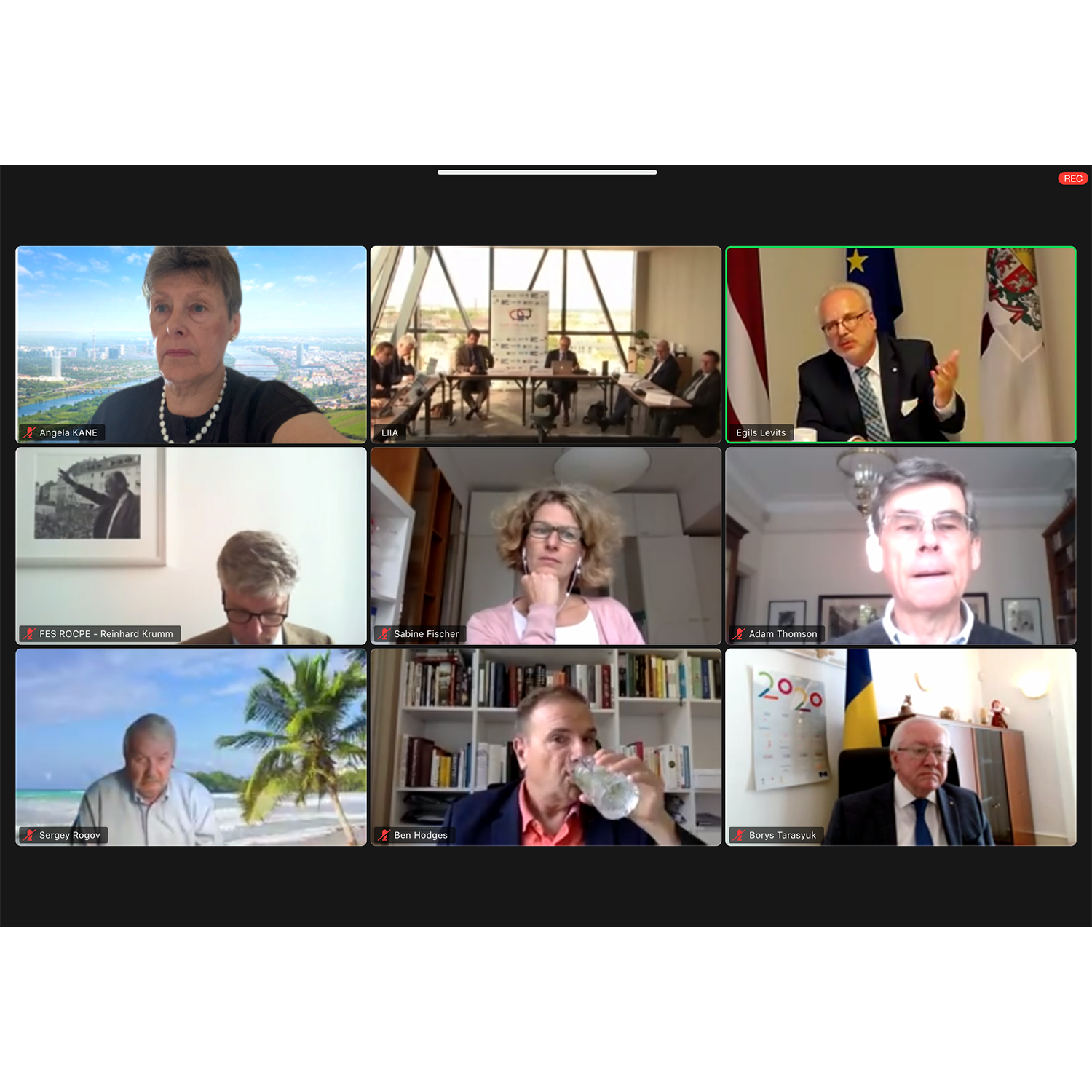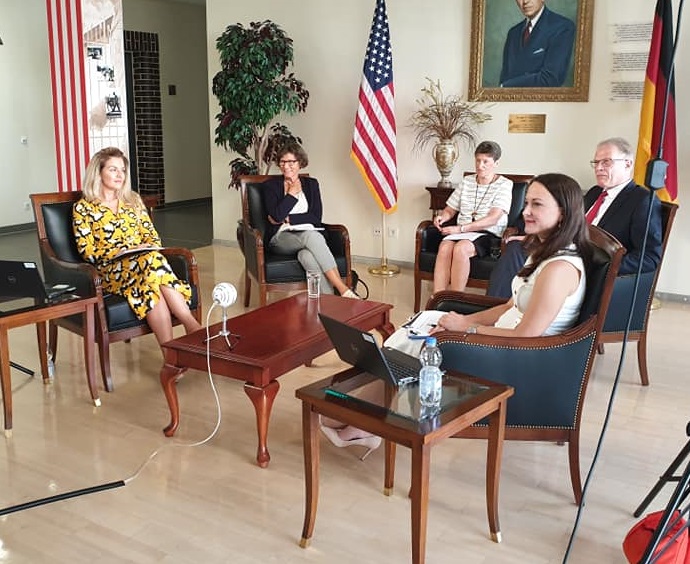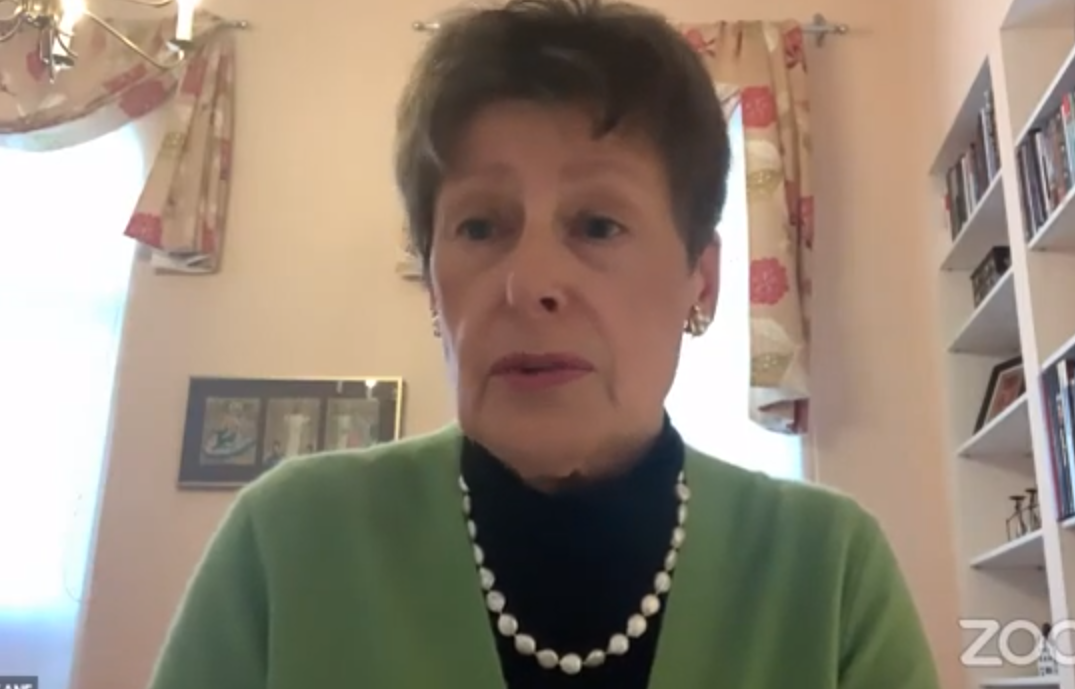
Multilateralism, a defining value for the United Nations, is in dire straits today. While the the structure of the UN has remained much the same, including the Security Council with the same five permanent members as established 75 years ago, the world has changed significantly. The relative predictability of the Cold War has given way to a multipolar world order in which countries increasingly choose to act unilaterally.
These are the warnings that VCDNP Senior Fellow Angela Kane imparted to the Riga Dialogue 2020, organized by the Latvian Institute of International Affairs.
Ms. Kane, a former UN High Representative for Disarmament Affairs and previously Under-Secretary-General for Management, remarked that the decline of multilateralism goes back more than a decade, but that it has been accelerated in recent years. This has led to "the rise of despots and dictators, of corrupt politicians, of human rights abuses, of an increasing number of conflicts and wars that are waged for power, for access to natural resources, and for the political domination of one group at the expense of another."
And while efforts are underway to preserve multilateralism, such as The Alliance for Multilateralism created by France and Germany in 2019, it is not yet clear what the the result of these efforts will be. Keeping multilateralism alive, said Ms. Kane, will mean facing several challenges in the future. Most urgent among these challenges is a return to the principle of compromise in diplomatic processes.
Another challenge Ms. Kane noted is how to uphold the value of international treaties and agreements. The international community needs to re-learn how to frame accords that inspire implementation, rather than the perception that the accords are restrictive upon national sovereignty.
In conclusion, Ms. Kane observed that the the future of multilateralism comes down to the value that UN Member States place upon it.
"Reinforcing multilateralism means creating a balance of power among UN members, as well as creating a balance of responsibilities and representation for the people of our planet. The Charter opens with the words ‘We the peoples of the United Nations’, a stark reminder that states cannot be the only building blocks for effective multilateralism. The future of international cooperation lies with people – and I look towards the involvement of youth."


By continuing to use the site, you agree to the use of cookies. more information
The cookie settings on this website are set to "allow cookies" to give you the best browsing experience possible. If you continue to use this website without changing your cookie settings or you click "Accept" below then you are consenting to this.